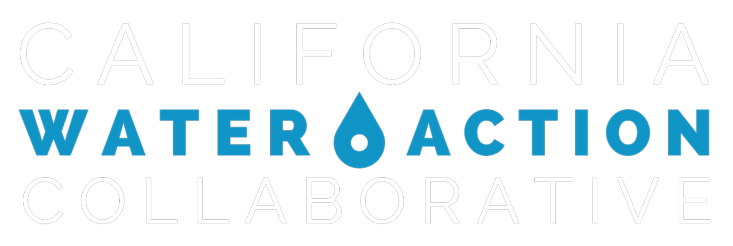Tahoe Headwaters map. Source: National Forest Foundation
A legacy of extractive uses in the northern Sierra Nevada mountain range has negatively impacted forest and watershed health since the California gold rush. Intensive activities like hydraulic mining and clear cutting changed the structure and function of these forests, making them more vulnerable to insect, disease and wildfire. Fire suppression and intensive grazing throughout the 20th century negatively impacted high elevation meadow systems- important natural water reservoirs - leading to incised stream channels, conifer encroachment and overly-dense forests.
When healthy, the forested headwaters of the Truckee, American, and Yuba Rivers are resilient to wildfire, insects, and disease. Functioning meadows and forests can also effectively store and release high quality water for humans and natural communities. Small diameter woody biomass accumulated from forest thinning can also be used to generate bioenergy and wood products.
The National Forest Foundation is working with the U.S. Forest Service and partners Coca-Cola and Olam to restore the Tahoe National Forest Headwaters to optimum health by thinning vegetation, restoring meadows and river channels, eradicating invasive species, improving water flows, increasing sustainable recreation, and enhancing volunteer opportunities for youth.
Project lead: National Forest Foundation
Participating CWAC members: The Coca-Cola Company | Olam
Additional partners: U.S. Forest Service | California Conservation Corps
To learn more: Contact TBD

